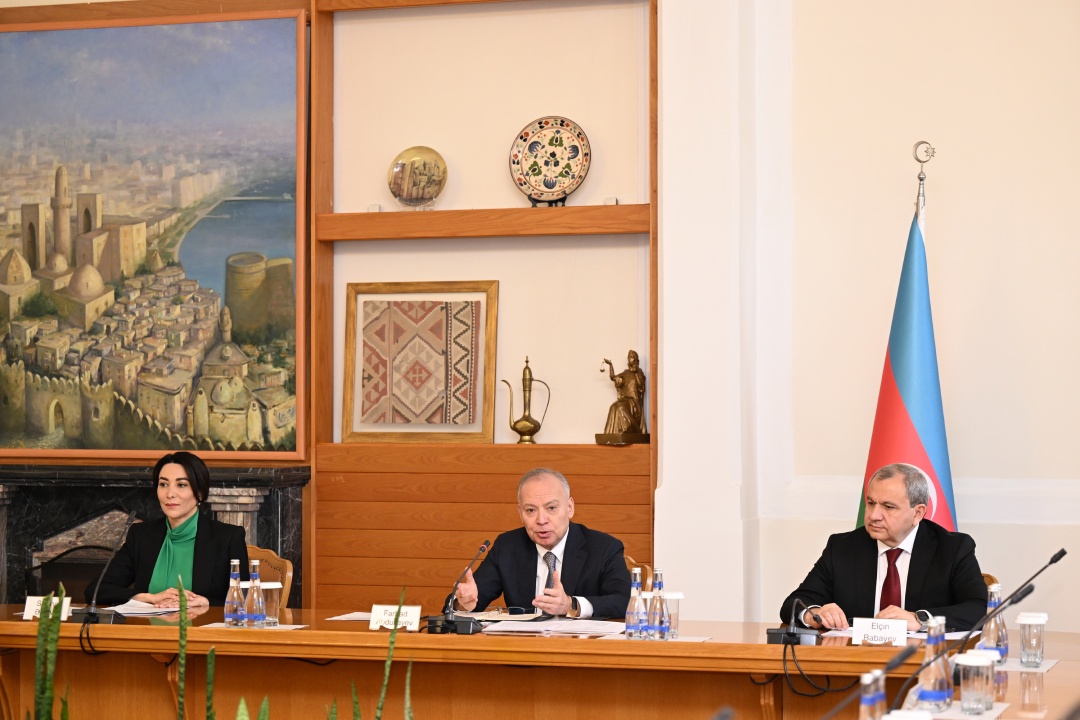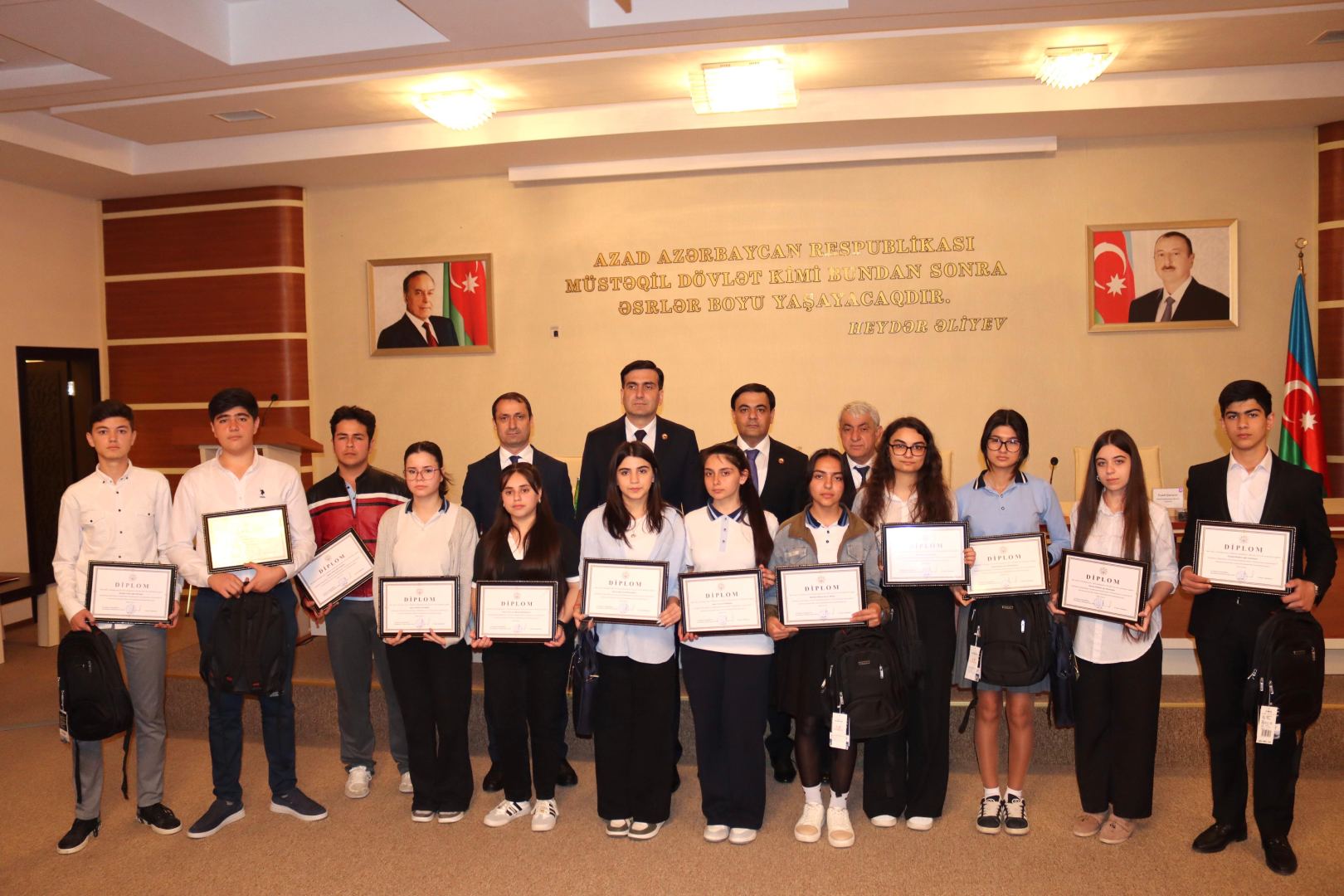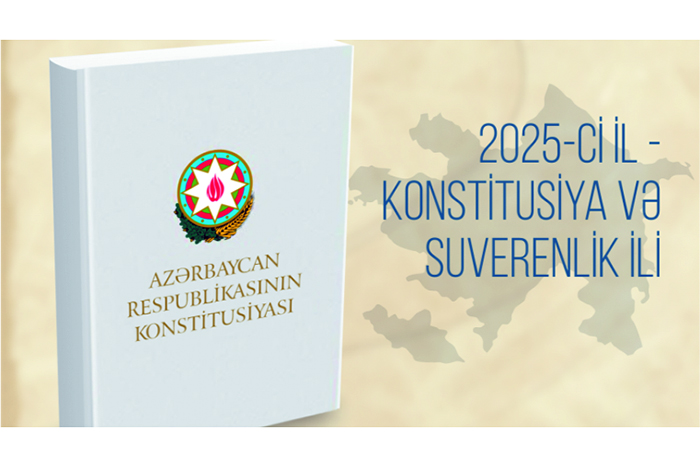01.05.2024
Plenum
of the Constitutional Court of the Republic of Azerbaijan, chaired by Farhad
Abdullayev, held a regular session.
At the court session was examined the constitutional
case based on the inquiry of the Baku Court of Appeal on interpretation of
Articles 673.1.2 and 673.3 of the Civil Code in terms of Part I of Article 17
of the Constitution of the Republic of Azerbaijan.
Having heard the report of Judge S.Salmanova,
studied and discussed the report of interested parties – Baku Court of Appeal and Staff of the Milli Majlis
(Parliament),
the conclusions of specialists – Supreme Court, Collegium of Advocates, Center
for Legal Expertise and Legislative Initiatives, opinion of expert – Associate
professor of the Department of Civil Law, Faculty of Law, Baku State
University, Doctor of Philosophy in Law S. Suleymanli, the Plenum of Constitutional Court
of the Republic of Azerbaijan adopted decision.
The decision states that in terms of requirements of
Part I of Article 17 of the Constitution of the Republic of Azerbaijan the
provision provided for in Article 673.1.2 of the Civil Code of the Republic of
Azerbaijan "duties imposed on the recipient of gifts in accordance with
family legal relations" contains duties arising from property and personal
non-property relations in cases and within the limits established by family
law.
Since the provision of "gross violation"
reflected in the disposition of Article 673.1.2 of the Civil Code requires an
evaluation, when the issue of refusal to forgive is resolved by the courts,
depending on the circumstances of the case, it should be determined exactly
what constitutes a violation of the duties imposed on the gift recipient
according to the family law relations.
Regardless of when the gift contract is concluded, the
donor's right to refuse the gift ceases after the expiration of the one-year
period established by Article 673.3 of the Civil Code, from the day when the
donor learned about the circumstances giving rise to the refusal of the gift.
The decision comes into force from the date of its
publication, is final, and may not be cancelled, changed or officially
interpreted by any institution or official.



















